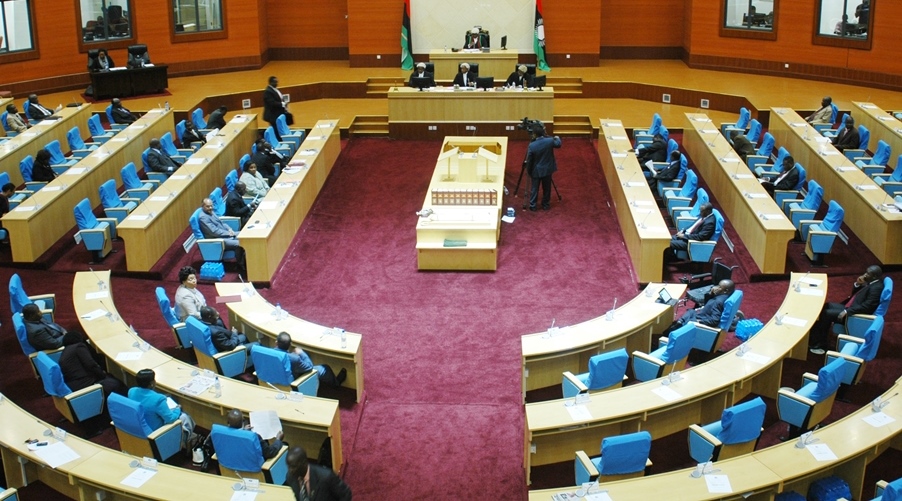Malawi appears to be living in a never-ending electoral cycle. The local politics is always about the next elections, as much as it is about politicians always positioning themselves for top government and public positions where the bounties of this peaceful country are shared, away from the majority of its citizens who have to grapple with poor public services on a daily basis. If governance was about elections then Malawi would have been doing very well. But governance is about providing public services for all citizens, regardless of their social-political status. This has not been the case in Malawi – governance in Malawi is about those in power and their cronies.
This is why Malawians are increasingly becoming frustrated of the country’s governance systems, which allow for cronyism, nepotism, tribalism and corruption to flourish. The frustrations can be identified through the calls for federal system of government in the immediate aftermath of 2014 elections. When politicians, especially those from Central and Northern regions felt their respective regions had been left out in Peter Mutharika’s cabinet. The whole issue is based on the understanding that those with access to the public pulse will only develop their home areas and most likely that only those in their circles will enjoy the benefits of the land.
No wonder everyone with time and little resources to spare thinks the most viable option is to start their own political party. As it stands Malawi has over 50 registered political parties. Justin Malewezi could be the only former Vice President who does not ‘own’ a political party. The latest political party could be the current Vice President Saulosi Chilima whose breakaway group from the ruling Democratic Progressive Party (DPP) is gaining momentum – at least among few urban elites and frustrated politicians who have fallen out of favour with DPP.
The whole thing has all the hallmarks of corruption. It is only those that are outside Mutharika’s cabinet that have opted to follow Chilima – and the President himself is on record to have admitted that the Chilima follower are a disgruntled bunch who have been left out of public and government positions. The Vice President has decried what he calls “embarrassing levels” of corruption within his government, just when it suited him to do so.
Invaluably, it is the same old politics at play here – if at all, the Chilima camp have emphasised that Chilima at 45 is much energetic and perhaps has fresher ideas than the 77 years old Peter Mutharika. The age argument has got some traction, Nsanje South West MP, Joseph Chidanti Malunga is reportedly seeking to table a motion in parliament to have presidential age limit to 65 years. I agree with Edge Kanyongolo, Chancellor College Constitutional Law expert who told Weekend Nation newspaper that currently there are no convincing reasons to warrant the age limit.
Though a separate issue, I see those arguing for Chilima’s case through his age in the same right. Those making Chilima’s case need to give Malawians convincing reasons – why is he the man to get Malawi out of its economic nightmare, for example. Surely not age alone. Malawi is where it is today not because of aged or old leaders but because it has had a political system that allows for cronyism, nepotism and tribalism, which inevitably leads to corruption.
Malawi needs a system where people follow politicians and political parties because they agree to certain policy ideas and ideologies. As it is, Malawi politics is all about personalities, which is a recipe for all sorts of ills that have trapped this country in grinding poverty. No wonders MPs in Malawi’s part-time parliament would rather ask for boreholes – never mind tap water – than discussing how to sort-out the perennial electricity crisis in the country. Malawi has opposition parties that are forever eager to disagree and talk dawn everything from the government benches yet they cannot even come up with a shadow budget to show what ideas they have. 2019 elections are about the same old personality politics.



